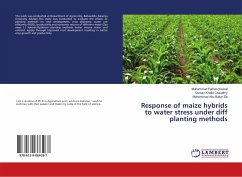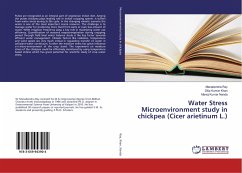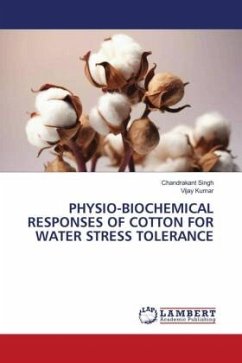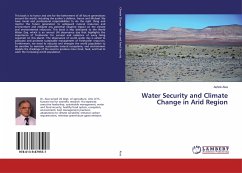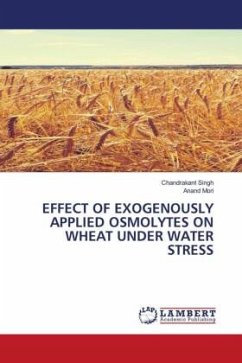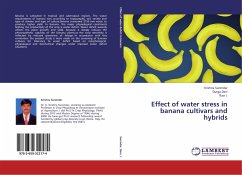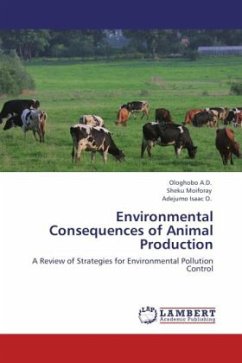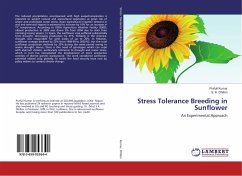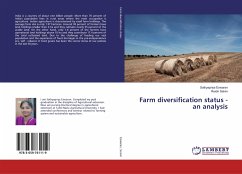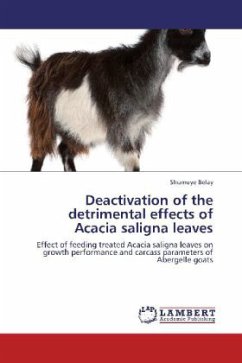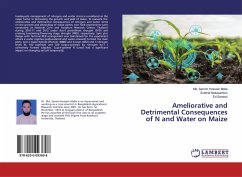
Ameliorative and Detrimental Consequences of N and Water on Maize
Versandkostenfrei!
Versandfertig in 6-10 Tagen
27,99 €
inkl. MwSt.

PAYBACK Punkte
14 °P sammeln!
Inadequate management of nitrogen and water stress is considered as the major factor in decreasing the growth and yield of maize. To evaluate the ameliorative and detrimental consequences of nitrogen and water stress on the growth and physiology of maize plants, two field experiments were conducted at National Corn and Sorghum Research Center, Thailand during 2010-11 and 2012 under short preanthesis drought (SPD) and prolong bracketing-flowering stage drought (PBD), respectively. Split plot design with factorial RCB arrangement was maintained for the experiment where 2 water regimes [well-wate...
Inadequate management of nitrogen and water stress is considered as the major factor in decreasing the growth and yield of maize. To evaluate the ameliorative and detrimental consequences of nitrogen and water stress on the growth and physiology of maize plants, two field experiments were conducted at National Corn and Sorghum Research Center, Thailand during 2010-11 and 2012 under short preanthesis drought (SPD) and prolong bracketing-flowering stage drought (PBD), respectively. Split plot design with factorial RCB arrangement was maintained for the experiment where 2 water regimes [well-watered and water-stressed] formed the main plots, and 2 maize hybrids [Pioneer 30B80 and Suwan 4452] and 3 nitrogen levels [0, 160 (optimal) and 320 (supra-optimal) kg nitrogen ha-1 ] collectively formed subplots. Supra-optimal N (urea) had a significant impact on changing soil pH temporarily.



